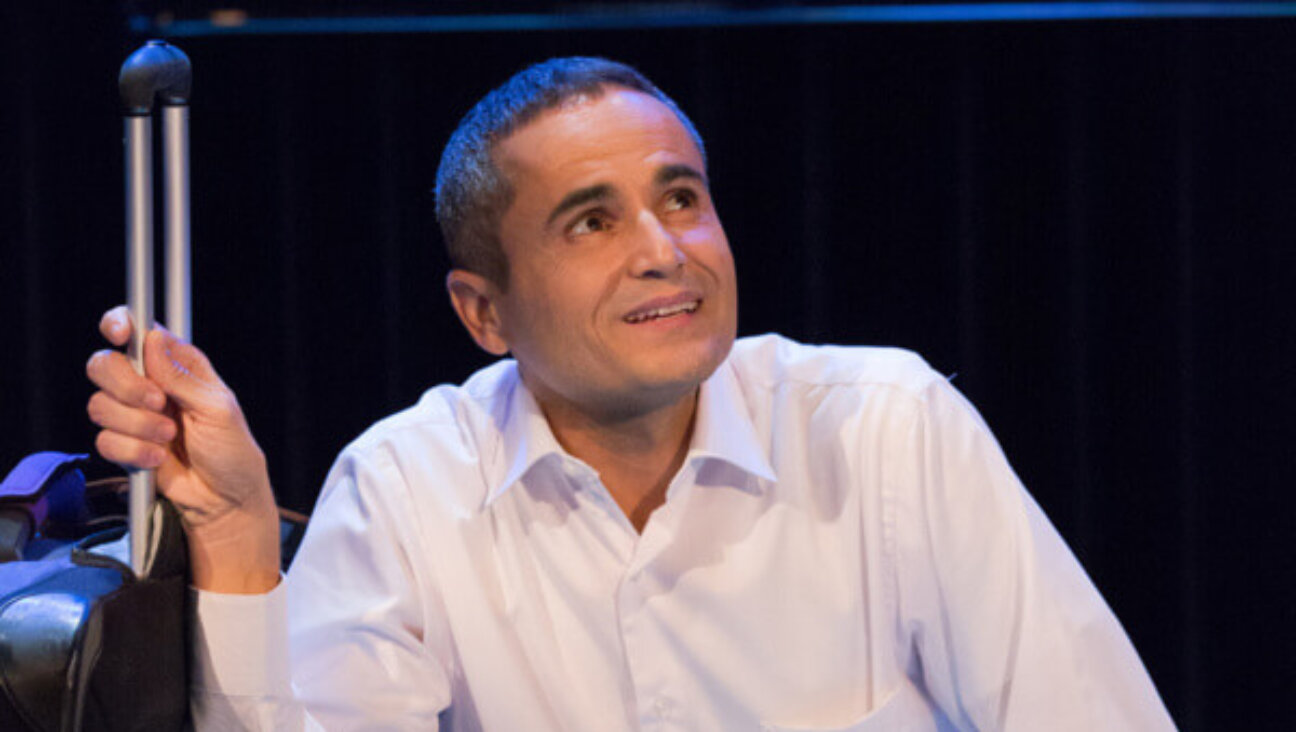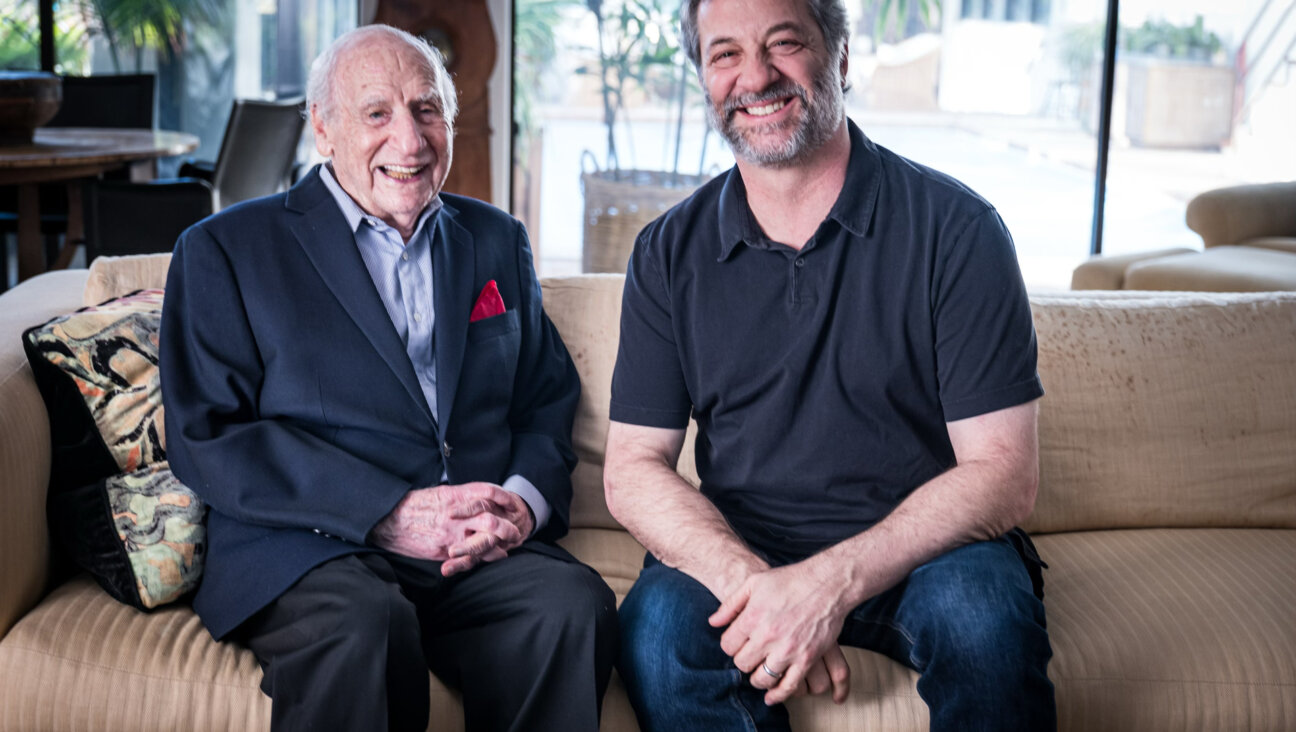The Stalled March of Palestinian Moderation
It was in 1974, exactly 30 years ago, that Palestinians made the monumental decision that was considered the largest turning point in their modern history. During the Palestine Liberation Organization’s 12th National Council, held in Cairo, delegates accepted — for the first time — the establishment of a national authority on any Palestinian land that is liberated, or from which the Israelis withdraw, as opposed to the whole of historic Palestine.
The decision was the result of an initiative by Naif Hawatmeh’s Democratic Front for the Liberation of Palestine, a Marxist group that broke away from the larger Popular Front in the late 1960s and formally called in 1970 for Palestinian recognition of Jewish national rights in Palestine. But it was Yasser Arafat who was responsible for adding the statement: “from which the Israelis withdraw.”
He was the champion of moderation at the time. Because of him, we buried the horrible slogan that previous Palestinian leaderships had used, “Everything or Nothing” — which, in effect, meant, “Nothing.”
Since then, we have, in practice and objectively, amended the Palestinian National Charter, which had previously called in Articles 15-19 for the total liberation of Palestine from the river to the sea and in Article 6 for the departure of Jews from Palestine, with the exception of those who came to our country prior to the start of the Zionist invasion. At first, the amendment was only in practice, but after a quarter of a century it also became a legal amendment at our National Council meeting in Gaza.
Many likened our 12th National Council to the 20th Zionist Congress in 1937, which authorized the Zionist leadership to accept a proposed partition of Palestine, leading to the establishment of a Jewish state in only part of what they believed is their “promised land.” In our council, a political basis for a realistic program was approved. Our decision did not pass smoothly, for the arrival of the council member delegates to Cairo was preceded by tensed and loud dialogues in Beirut, the capital of the revolution in exile at that time. We were living in the post-October 1973 climate, and the possibility of retrieving part of the occupied land still was seen as real. Accusations were made of abandonment, admission of defeat and prostration — exactly the same words used to accuse David Ben-Gurion, just in another language.
The wording of the 1974 statement was purposely flexible, in order to achieve consensus. We called it “the phased program,” so it would pass with as little damage to the PLO as possible, but become the accepted agenda within a few years. Ironically, the statement caused the birth of the rejectionist front, causing the largest rift in PLO history. Palestinian moderation continued its march, however, with minimum loss, and we ascended to higher peaks of moderation.
During the following National Council meeting in March 1977, we approved the opening of the doors of dialogue with Jewish forces, within and outside Israel, who oppose Zionism in thought and practice. I participated in that meeting, and would like to relate one incident that indicates how extremism is no more than buffoonery, consisting of emotions blending with historical account-settling and revengefulness and having no concrete basis.
During the meeting, many in the hall screamed at Arafat, “Abu Ammar, we heard about contacts made with Jews and with Israelis.” According to the standards of those days, this was blasphemy and infidelity. Responding to the loud screams, Arafat said: “I have nothing to do with these contacts. Abu Mazen will talk to you about this in this evening’s session.” In the evening, Abu Mazen, also known as Mahmoud Abbas, talked about the contacts and presented the facts. An eerie silence prevailed in the hall throughout the speech, which was not short. Nobody interrupted him. Sami al-Attari, from the pan-Arabist group al-Sa’iqa, responded briefly.
There was a vote, and amazingly, the sweeping majority that screamed against contacts voted for them. The moderation program took off, and in each ensuing National Council session, a new brick was laid on the road to realism and rationalism. We moved from dialogue with anti-Zionism forces to a decision that permits dialogue with any force in Israel that believes in the Palestinian people’s right to an independent state.
In November 1988, in the council session held in Algiers, the leadership of the first intifada — which was a true intifada in essence and practice — pushed us to recognize United Nations Security Council Resolution 242, and to announce a Declaration of Independence. Then came the Madrid peace talks in 1991, and the moderate Palestinian leadership agreed to participate in the conference without direct representation of the PLO. There was a profound sense of responsibility, a peak of moderation and a genuine desire to reap the fresh fruits.
Palestinian history moved many stages ahead, until a state was almost in hand. But then we fell back and failed to grab the opportunities. Since that moment, I have written and said repeatedly, the march of moderation has come to a sad end.
I said on more than one occasion, in conferences on the ground and in satellites above it, that what happened recently is hard to believe. Delving into its guts will present much trouble for the historians of future generations. Who would have believed that the PLO and its foremost symbol, Arafat — which fought the whole world, including many Arabs, to maintain its program of peace and coexistence — would, at the end of the day, submit it by the beginning of 2001 to forces opposing it fundamentally?
One of the leaders of “the other program” — the fictitious one — told me, in a recorded dialogue to be published later, that the most important achievement of the intifada has been that the PLO is no longer the sole legitimate representative of the Palestinian people. I sent the tape to “whom it may concern” among our leadership. They did nothing.
I have come to believe that the individual who leads has a more critical importance than what we Marxists used to theorize. Had Ben-Gurion not been a leader of the Zionist movement, the emergence of the State of Israel would have been delayed or, perhaps, the opportunity may have even been missed. He decided to declare the state in spite of opposition from many in the Mapai party and the Histadrut. Because of the critical importance of the leader and leadership, nations choose their leaderships every four or five years, because they cannot afford mistakes. A mistake might affect the fate of the entire people and the entire nation that is at stake.
I wonder, is it too late? Is there still a potential, after this bitter harvest of fictitious policies, to recognize Palestinian moderation again, in the 30th anniversary of its launch?
Tawfiq Abu Baker, director of the Jenin Centre for Strategic Studies and a member of the Palestinian National Council, was a leader of the Democratic Front for the Liberation of Palestine until 1978. This article is reprinted with permission from Common Ground News Service.














